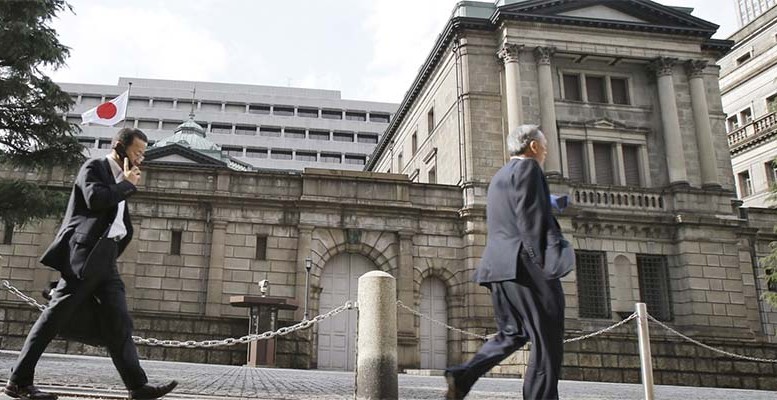Alicia Garcia Herrero & Kohei Iwahara (Natixis) | On the New Year’s Day, a strong earthquake hitting the Noto Peninsula created havoc, including Japan’s supply chain. Even if the Hokuriku region did not suffer from a major power failure, in contrasts with Fukushima’s disaster in 2011, disruptions are still relevant. Even if the area being hit this time is small, 4.0% share of Japan’s GDP, it has factories producing semiconductors, electronic parts and pharmaceutical products. We were expecting the Bank of Japan (BoJ) to stay on hold even before the earthquake, but this event offers an opportunity to explain the pause even better as such event would need more stimulus rather than less.
Once the state of emergency stabilizes, the BoJ could restart pondering the exit from the negative interest rate and the yield curve control (YCC). The recent weak bond auctions suggest that the BoJ’s ultra-accommodative policy may not end up stimulating investment appetite for JGBs, at a time when the issuance needs are huge at JPY 181.5 tr (about 32.4% of GDP) in FY24*. On the other hand, surging bond yields could raise serious questions on Japan’s public debt sustainability. Therefore, falling global yields could provide BoJ opportunities to adjust its ultra-accommodative policy.
On a potential policy change, at the branch managers’ meeting on January 11th, the BoJ expressed cautious optimism with wage developments from a national survey. This is important as higher wages are the key for sustained inflation in the BoJ’s virtuous circle mantra. The survey shows that, while some large companies became more eager to raise wages, the small and medium sized enterprises (SMEs), which generate about 70% of employment, were fairly cautious and uncertain.
Therefore, despite a favorable market condition with falling global bond yields, the BoJ is expected to remain on hold at the monetary policy meeting in January, supported by the state of emergency, but also because the evidence of wage increase remains weak.
BoJ to remain on hold in January with no confidence on wage growth after earthquake emergency
 Bank of Japan
Bank of Japan




